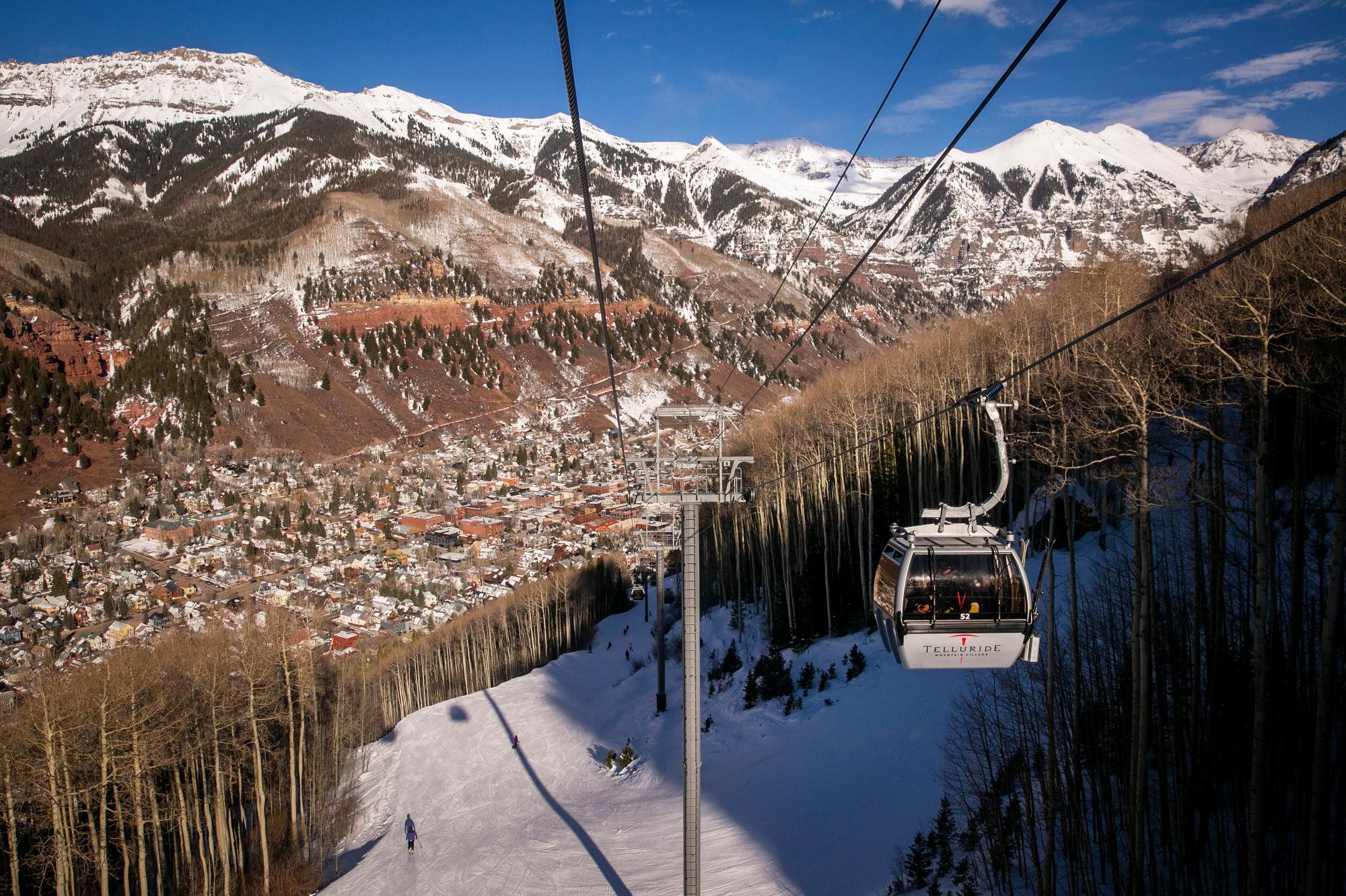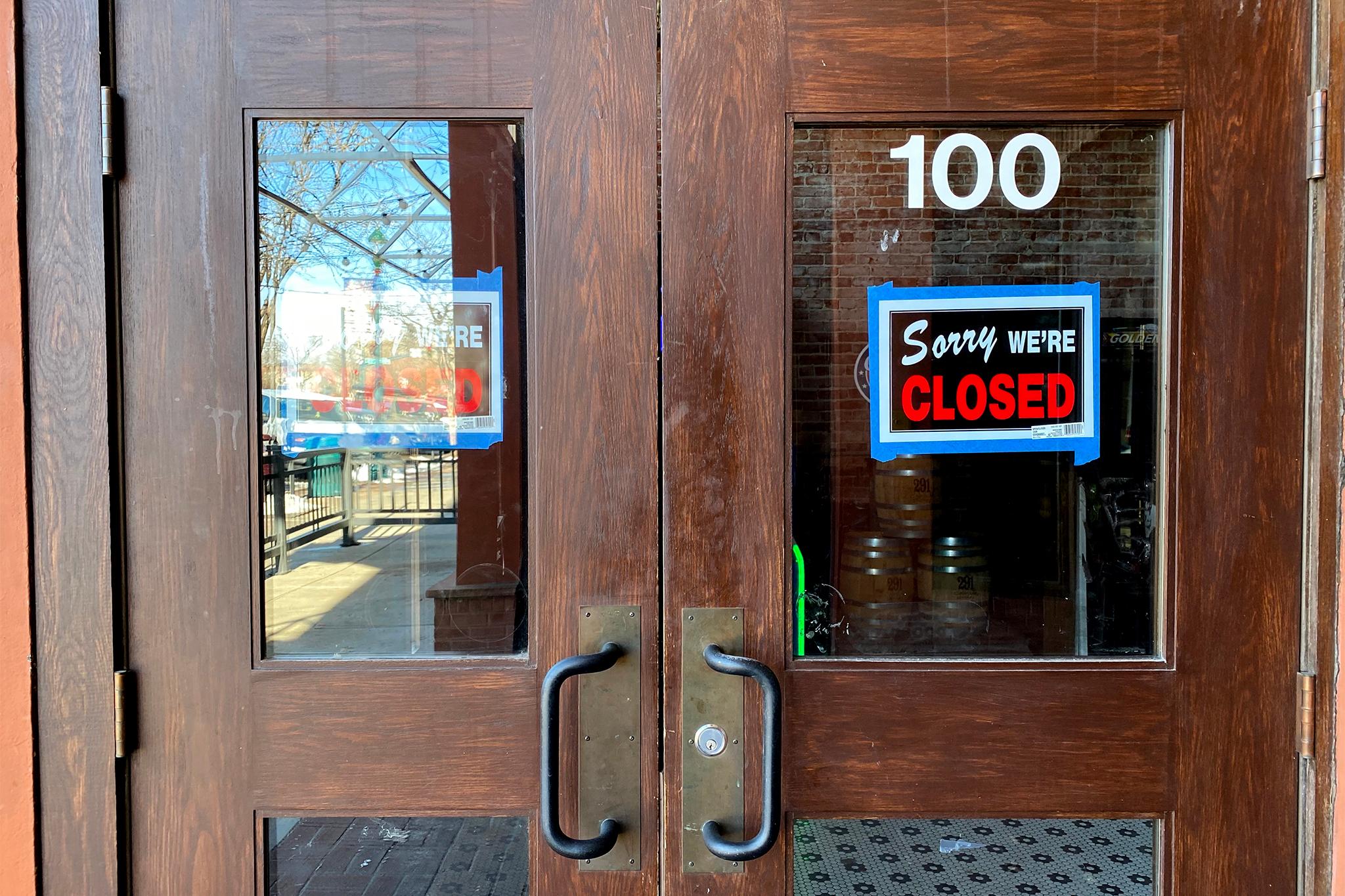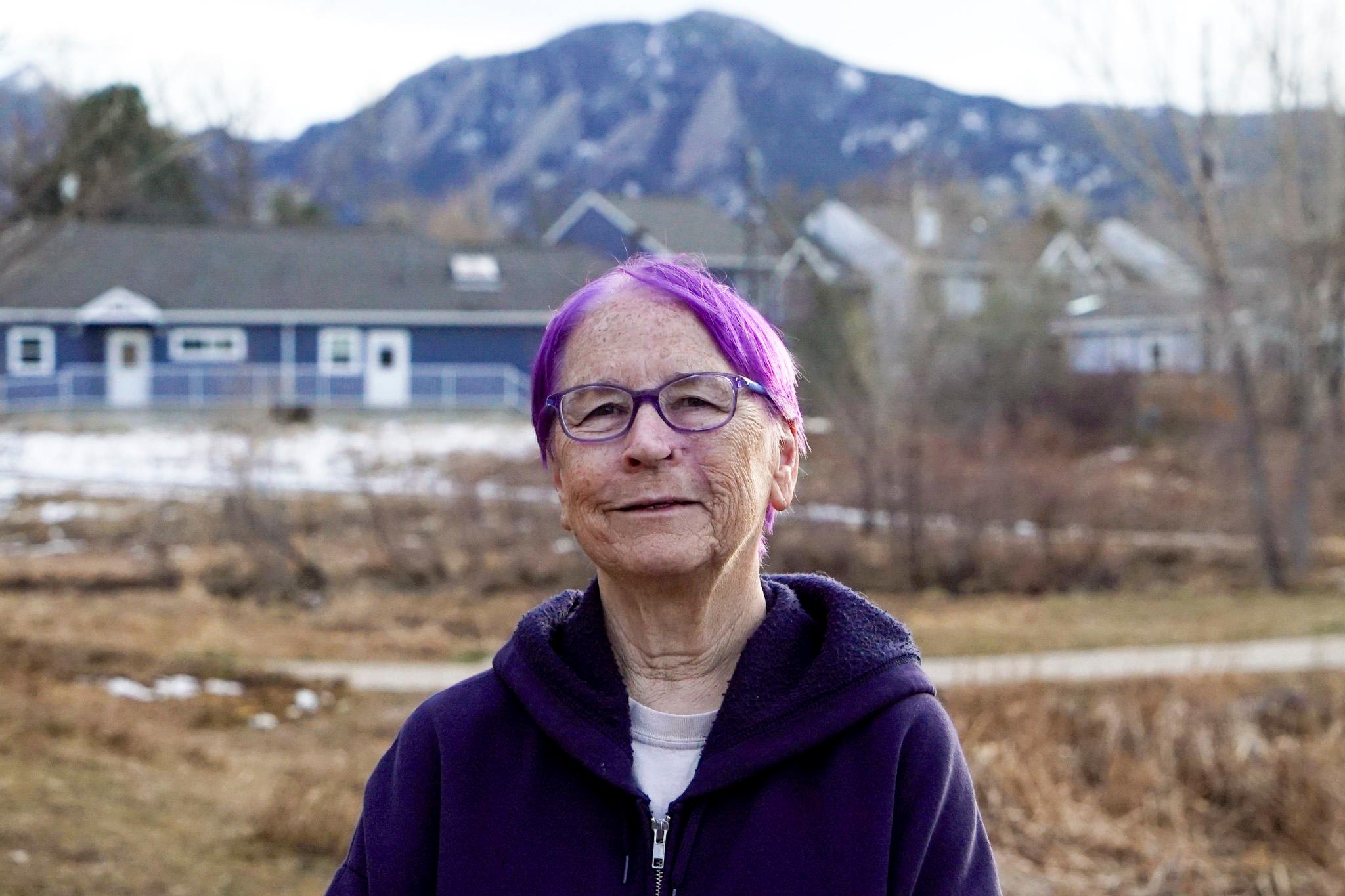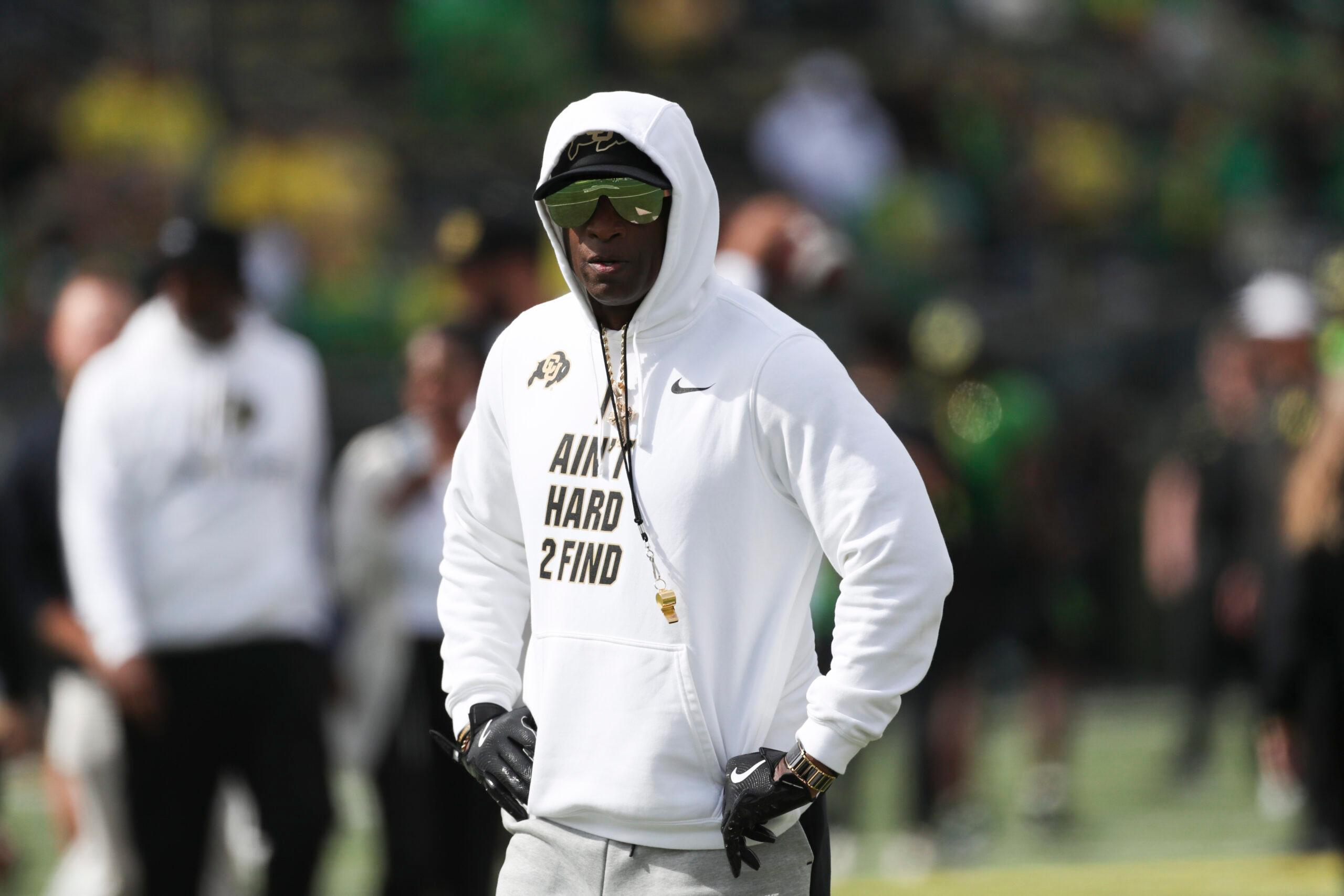
Posted 4:05 p.m. 3.8.17 | Updated 6:04 a.m. 3.9.17
Colorado lawmakers unveiled their grand bargain on transportation funding Wednesday afternoon. They want to ask voters to approve a 0.62 percent statewide sales tax increase.
That new revenue, combined with some existing dollars, would come to about $680 million annually, money the state could then use to support up to $3.5 billion dollars in transportation bonds for state and local projects.
“We want to make sure that roads and bridges and transportation options across the state are adequately funded for generations to come,” said Democratic House Speaker Crisanta Duran, one of HB17-1242's high-powered sponsors.
Duran and other legislative leaders have been negotiating for months to come up with a package Democrats and Republicans could support. And even now that they've introduced a bill, backers describe it as just a starting point.
“It’s still a work in progress,” Senate President Kevin Grantham, R-Cañon City, said. But with the session half over, he says it’s time to get the full legislature involved in the process.
Along with Duran, Grantham is co-sponsoring the legislation with the bipartisan chairs of the transportation committees, Rep. Diane Mitsch Bush, D-Steamboat Springs, and Sen. Randy Baumgardner, R-Cowdrey.
NOW: @crisantaduran and @RepDMB hug after bill to ask for transportation sales tax hike introduced in House #coleg pic.twitter.com/5HRygqMuu1
The bill won swift praise from groups that have been lobbying for increased transportation funding. "Thrilled" was the word from the advocacy group Fix Our Roads.
"The deal, as we understand it, attempts to strike the right balance between the priorities of the leadership in both houses while considering what might be viable with voters," said Fix Our Roads spokeswoman Sandra Hagen Solen in a statement. "The bill has a long road ahead, but our legislative leaders have demonstrated their leadership on this critical issue by beginning the conversation."
The environmental group Conservation Colorado also weighed in, praising the measure for its emphasis on funding transit alternatives, and for the fact that local governments will get to decide how some of the money is spent.
The bill gives cities and counties a lot of latitude in picking their transportation priorities.
“If they want to fill potholes, or if they want to pave streets, or if they want to gold plate their bike paths — whatever they want to do,” Grantham said.
Splitting the take with local governments may help quell the fears of some jurisdictions that a statewide tax increase could make it harder for them to sell their voters on raising taxes locally as well.
More coverage:
- Hickenlooper: 'We've Outgrown Our Infrastructure'
- When It Comes To Colorado Highway Funding, The Road Goes On Forever
- Searching For Future Funding, CDOT Is Taking Pay-Per-Mile For A Test Drive
Despite having the backing of the senate president, the transportation tax could be a tough sell in his own chamber. Many Republicans wanted any new tax to be “revenue neutral,” at least in the short term. The new bill contains cuts, but they won't be big enough to balance out the new revenue.
“It’s highly difficult. No doubt about it,” Grantham said about getting his Republican colleagues on board. “But if we’re actually going to get into the project list do something, as far as fixing some of these projects, revenue neutral was a difficult place to be.”
The bill will include some offsetting cuts by reducing vehicle registration fees. Other forms of relief, possibly through tax cuts, could also be part of the equation as the bill evolves.
That doesn't go far enough for some though. The head of the Colorado chapter of Americans For Prosperity, which has opposed the idea of a general tax hike from the start, quickly took to Twitter Wednesday to lambast the proposal.
"Why are legislators giving up on a viable way to fix the roads?" tweeted Michael Fields, predicting the measure will fail.
Fields has history on his side; since the passage of TABOR, Colorado voters have never approved a general statewide tax increase. Fields' tweetstorm had at least one lawmaker nodding in agreement; Senate Majority Leader Chris Holbert commented that he will vote against the bill.
In spite of opposition for his own leadership colleague, Senate President Grantham said he believes this proposal will win favor with voters across the political spectrum.
“Whether they’re rural conservatives, whether they’re urban progressives, the question still remains, ‘does transportation, does infrastructure, meet the criteria of a core governmental function?’ ” Grantham said. And if so, “do I want to pay a little bit more so the government’s doing what they should actually be doing?”









